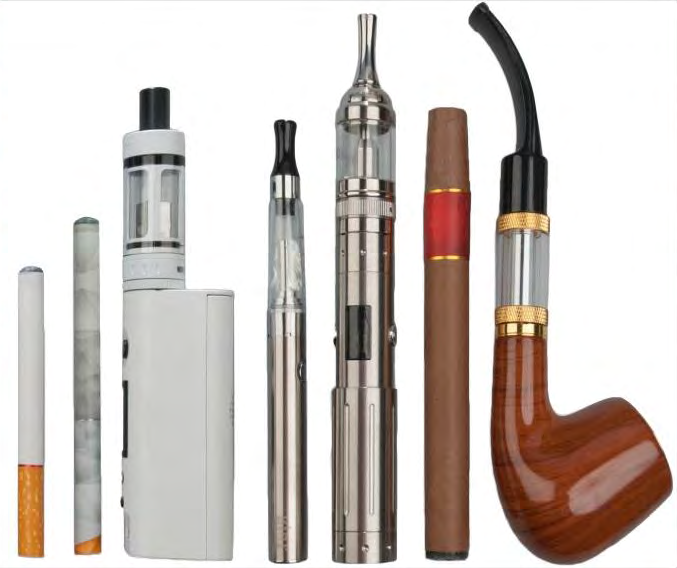Winston electronic cigarettes, like all electronic nicotine delivery systems (ENDS), carry health risks and cannot be considered safe. Scientific evidence clearly indicates the following:
Established Health Risks of E-Cigarettes
- Harmful Constituents: E-cigarette aerosol contains potentially toxic substances. Studies, including research from UC Riverside published in Scientific Reports, have identified harmful metals (nickel, tin, lead) and volatile organic compounds within the vapour, originating from components like the heating coil and solder.
- Health Impacts: While potentially less harmful than combustible cigarettes in some respects, e-cigarettes are not harmless. Long-term health consequences are not yet fully known due to their relatively short history. However, evidence indicates potential risks to lung health and cardiovascular function.
- Nicotine Addiction: All Winston e-cigarettes contain nicotine, a highly addictive substance with known negative impacts on adolescent brain development.
Comparison to Combustible Winston Cigarettes
- No Safe Tobacco Product: WHO unequivocally states all tobacco products are harmful, including combustible cigarettes like Winston. Their smoke contains thousands of chemicals, many carcinogens, causing diseases like cancer, heart disease, and stroke. Winston’s historical claims related to filtration do not negate these fundamental risks.
- Reduced Harm Claims: Some public health bodies (e.g., UK Public Health) suggest e-cigarettes may be significantly less harmful than smoking traditional cigarettes for established adult smokers seeking alternatives. However, WHO strongly disputes this characterization, emphasizing e-cigarettes are “undoubtedly harmful” and lack conclusive evidence for being effective cessation tools for most users.
Critical Considerations
- Misleading Perception: Winston e-cigarette branding may utilize imagery associated with “cleanliness” or modernity. Users must understand this marketing does not equate to safety. Both regulatory bodies and independent research confirm inherent health risks.
- Regulatory Stance: WHO recommends regulation of e-cigarettes to protect consumers, particularly youth and non-smokers, citing the spread of misinformation from the tobacco industry about their products as a key threat.
The safest choice regarding nicotine and tobacco consumption is complete avoidance. Non-smokers, especially youth, should never initiate e-cigarette use. Smokers seeking to quit should consult healthcare professionals for evidence-based cessation methods.











